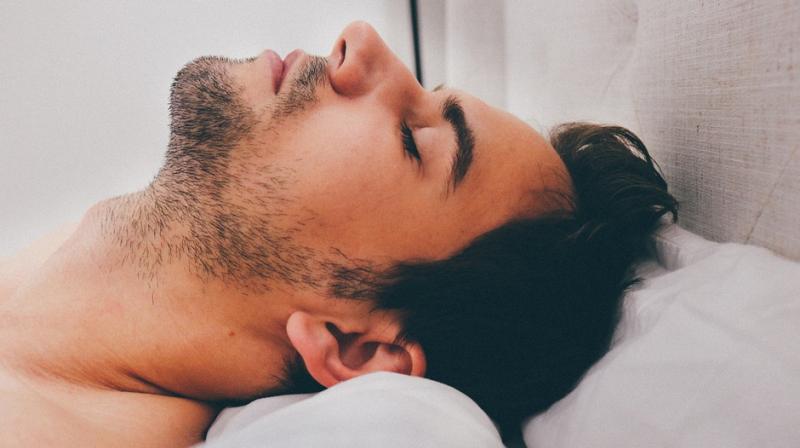Using ACs in summer may affect sleep quality: study
However high-quality sleep can still be realised if the room temperature is controlled effectively with an AC.

Tokyo: Using air conditioners may negatively impact sleep quality despite the comfort we feel in summers, even if the air flow is virtually imperceptible, a new study has found.
Researcher airflow from an air conditioner (AC) stimulates the human body while sleeping and impacts on sleep conditions even if the mean airflow velocity is lower than an insensible level. Urban warming blocks the temperature at night from cooling.
It causes sweltering nights and deteriorates sleep quality. However, high-quality sleep can still be realised if the room temperature is controlled effectively with an AC. The general belief is that having the AC on all night is bad for health. Also, quite a few of us experience chills while sleeping and awakening due to cold temperature.
Airflow velocity in the sleeping environment can be configured with the AC. However, no data on airflow velocity measurement or research on the influence of AC airflow have been available.
The research team, led by professor Kazuyo Tsuzuki of Toyohashi University of Technology in Japan, had people sleep in two bedrooms set to the same temperature using ACs set at different airflow velocities, then made a comparison of the depth of sleep and body temperature control using electroencephalogram (EEG) measurements as well as subjective reporting by the subjects.
Air velocity of 0.2 metres per second or lower is defined as "insensible airflow", in a sense the person remains unaware of such a low level of airflow, researchers said. In this study, a comparison was made on the influence of two types of airflow, mean velocity of 0.14 metres per second (general AC) and 0.04 metres per second (customised AC), both at a room temperature of 26 degrees Celsius.
Subjects felt cooler with the higher airflow velocity during wakefulness and sleep. However, no significant difference was observed in the feeling of comfort, length of sleep depth, skin temperature, rectal temperature or sense of warmth or coolness in each subject before sleeping. General AC lowers airflow when the room temperature reaches the desired setting and starts increasing the flow
again when the temperature is higher.
The study compared the correlation between the timing of the airflow starting to blow and body movement, heart rate and waking stage in sleep depth. The results found that people have significantly greater body movements, an increased heart rate and a higher frequency of waking in the room that has the AC with a mean velocity of 0.14 metres per second.
This suggests the general AC may have some influence on sleep, as we discovered that subjects roll over or their sleep depth changes the moment cool air blows out. This study was conducted using healthy adult male subjects.
It implies that the cold airflow may have a greater impact on the overall sleep of female and elderly subjects with lower physical strength or a greater sensitivity to cold. The research was published in the journal Energy and Buildings.

